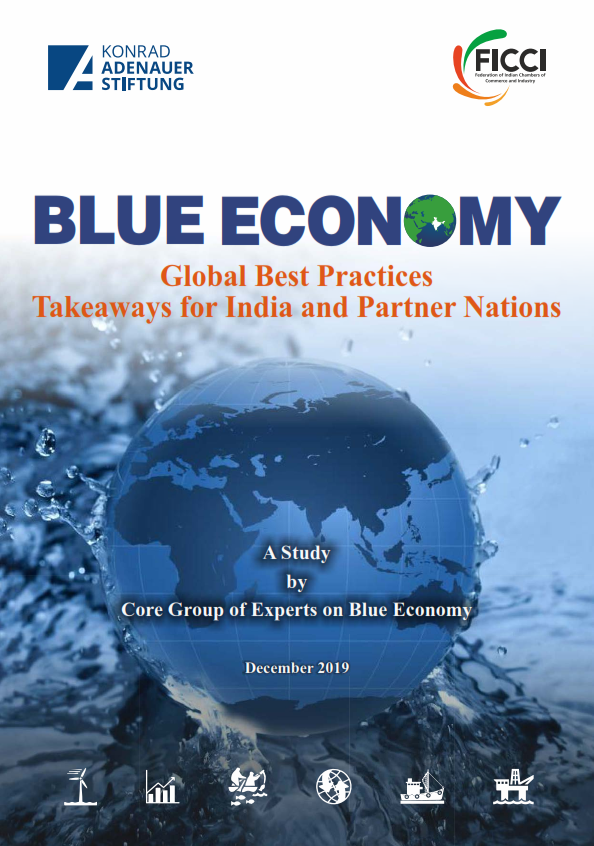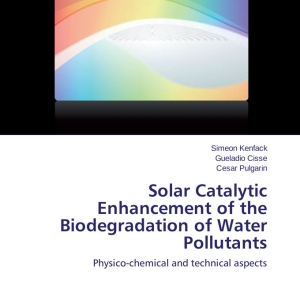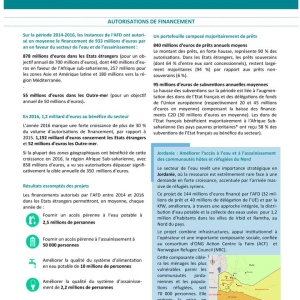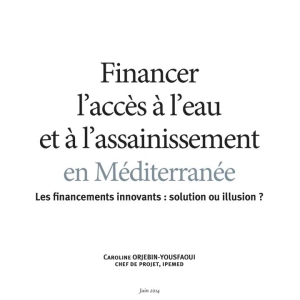Description
Download – BLUE ECONOMY: Global Best Practices Takeaways for India and Partner Nations
Titre : L’ÉCONOMIE BLEUE : les bonnes pratiques mondiales à retenir pour l’Inde et les pays partenaires
Le paradigme de l’économie bleue (EB), qui émerge rapidement, vise principalement à exploiter les ressources océaniques pour le développement durable. Le concept d’économie bleue a été firsté par les petits États insulaires en développement (PEID) lors du sommet de Rio+20 sur le développement durable en 2012. Cette nouvelle approche visait essentiellement à transformer l’économie océanique traditionnelle en une exploitation des ressources océaniques axée sur les écosystèmes pour une meilleure conservation de l’environnement marin. Le concept d’EB est encore en évolution et différentes parties prenantes ont adopté ses différentes définitions en fonction de leurs propres visions et priorités. Cependant, il existe un large consensus sur le fait qu’avec la diminution des ressources terrestres, il y aura une pression beaucoup plus forte sur les océans pour obtenir plus de ressources afin d’alimenter une croissance plus rapide pour répondre aux demandes d’une population croissante. De même, on prend conscience des dangers des approches non durables.
Des études complémentaires et des consultations avec les parties prenantes ont conduit le Core Group à rédiger ce rapport : L’économie bleue : les bonnes pratiques mondiales à retenir pour l’Inde et les pays partenaires. Ce document examine et explique systématiquement les performances, la croissance prévue en termes de taille et de valeur, les défis et les opportunités précises d’expansion des capacités et d’amélioration de la qualité, y compris les mises à niveau des technologies et des processus, dans les secteurs pertinents de l’économie bleue en Inde. Le rapport élabore également les meilleures pratiques mondiales pertinentes pour l’Inde ainsi que les outils de financement innovants. Le Core Group formule plusieurs recommandations pratiques pour une voie effective à suivre tant pour le gouvernement que pour les entreprises.
Catégorie : Gestion des Ressources en Eau








